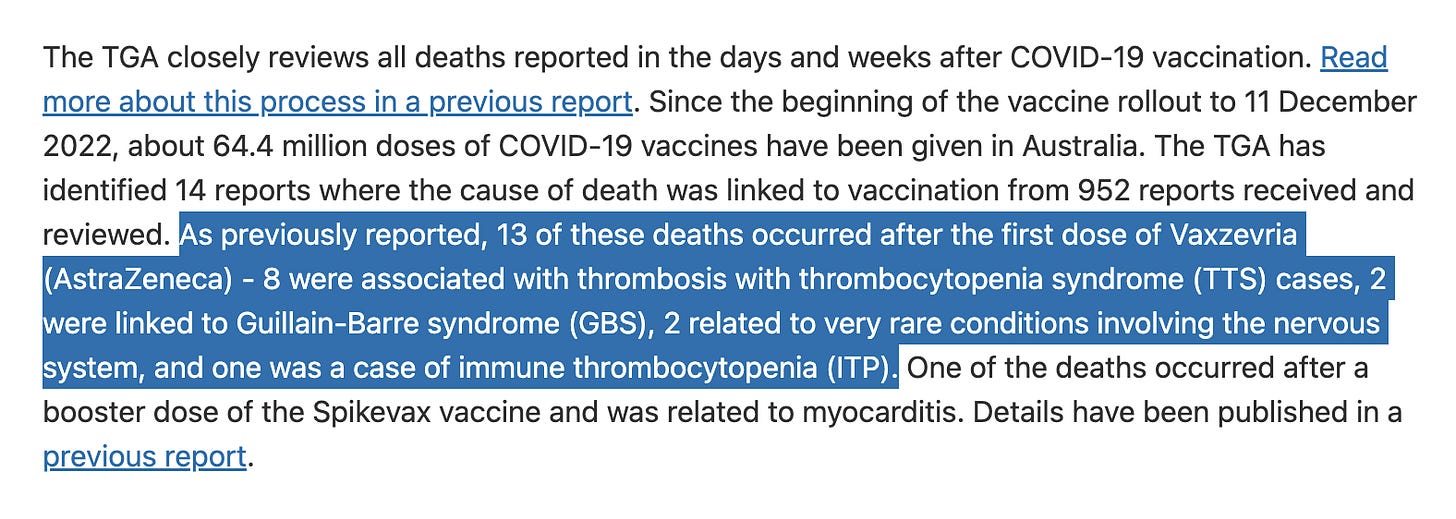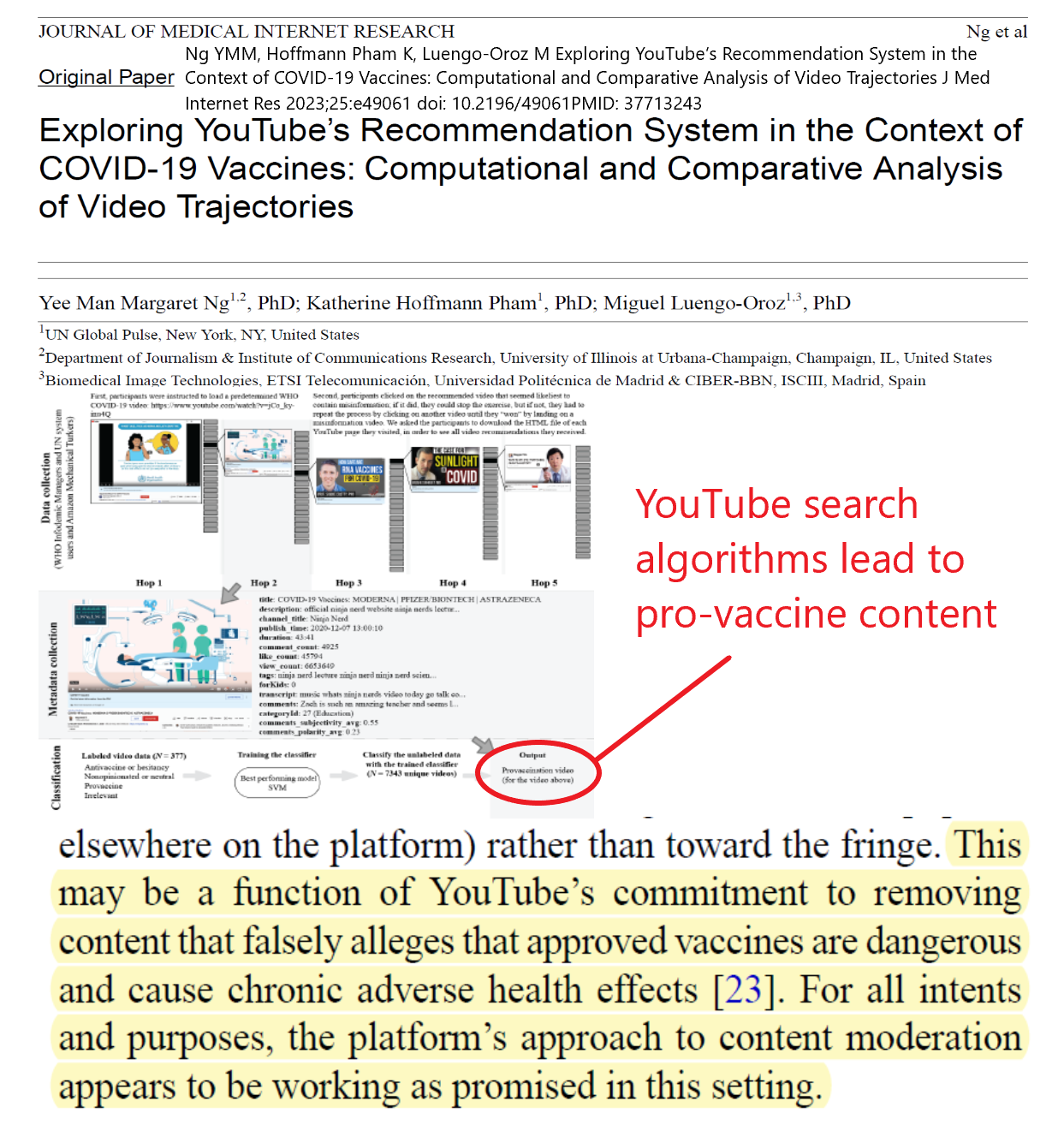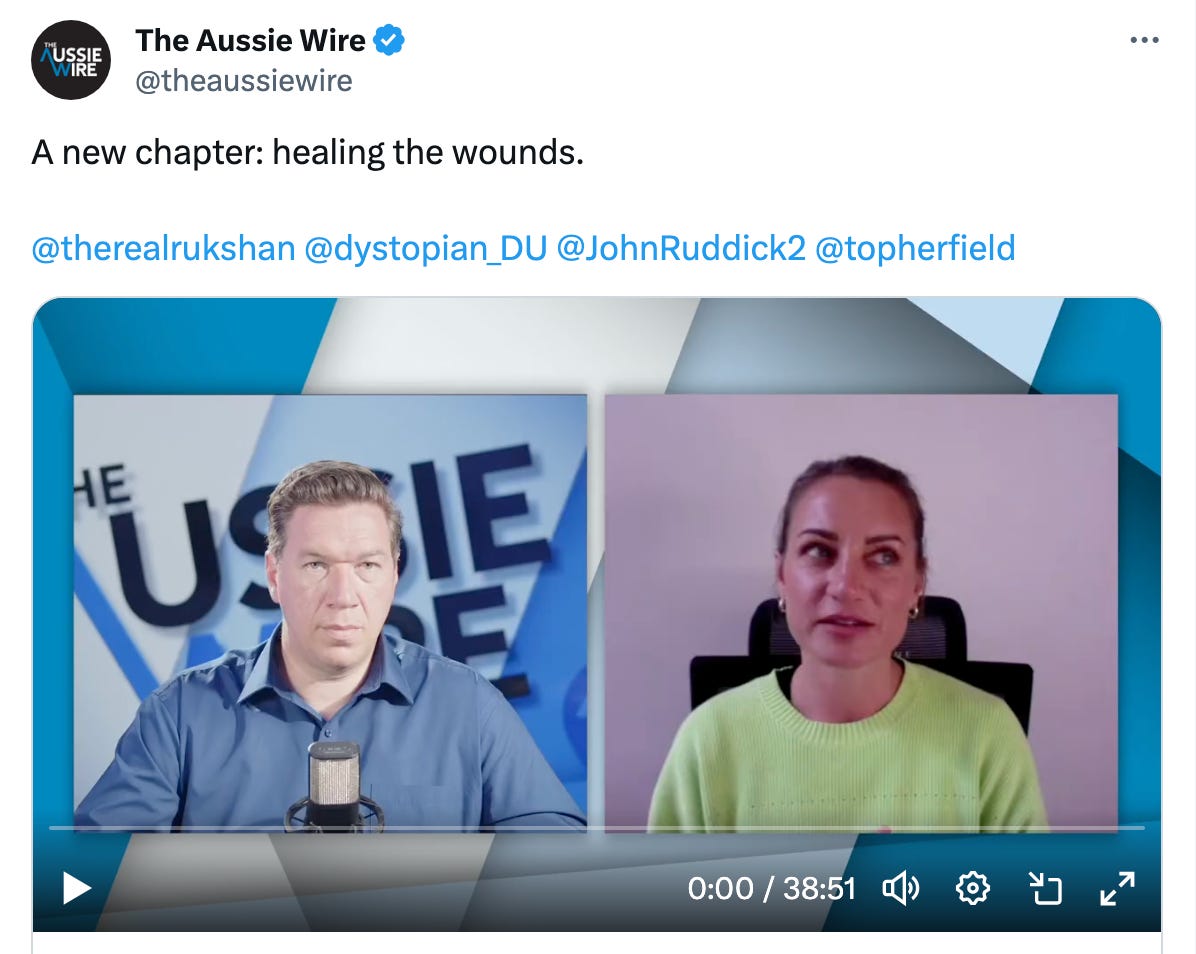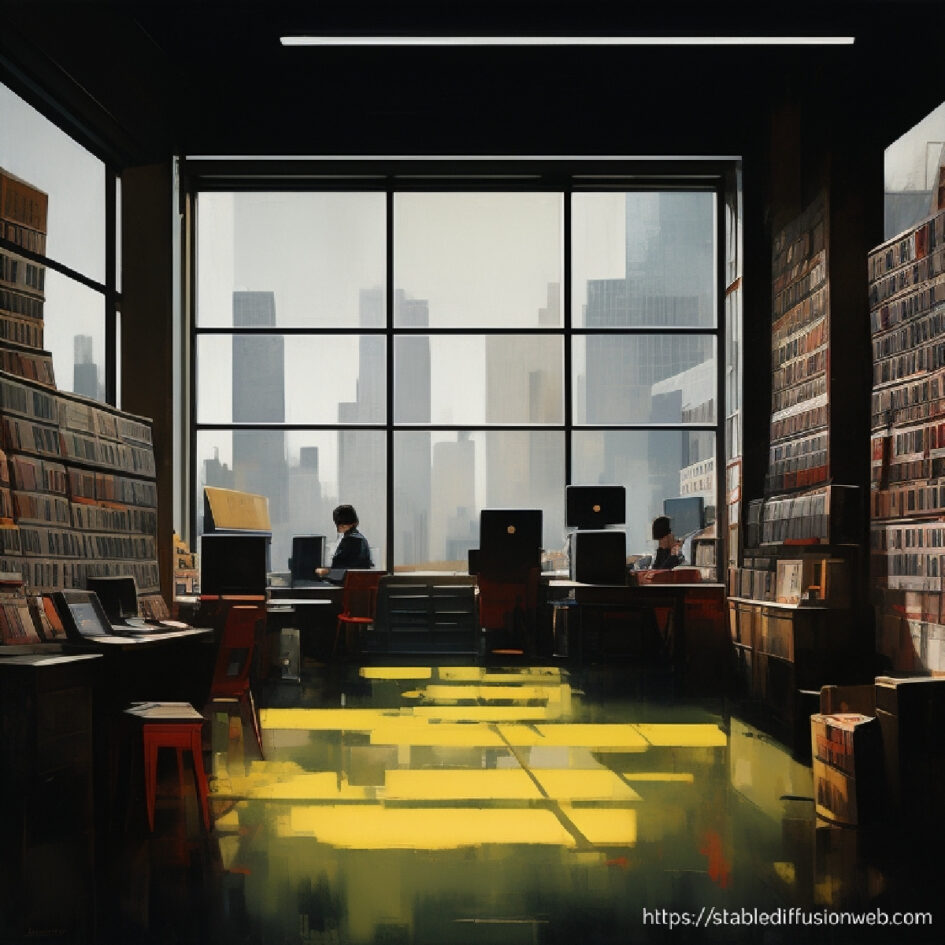By John Stapleton. With Rebekah Barnett: Dystopian Down Under.
Rebekah Barnett reports from Western Australia. She holds a degree in Communications from the University of Western Australia and when it comes to a new generation of journalists born out of this difficult time in our history is one of the brightest stars in the firmament.
The ancien regime of Australia’s stale adversarial politics and increasingly irrelevant mainstream media have in recent years both shown themselves to be hostage to The Very Big End of Town, to the ruthless greed of pharmaceutical companies and climate change profiteers. And the rivers of money that flow from cosying up to some of the most corrupt and dishonest players in the modern world.
The removal of an interview Rebekah Barnett did with another media personality to have emerged from the rough passage of Covid hysteria and mismanagement in Australia, Topher Field, author of Battleground Melbourne, is a classic example of media manipulation which is backfiring dramatically, driving audiences to free speech platforms including Rumble and X.
The nefarious role of YouTube, which appears to be continuing the dark role Twitter once played as a mouthpiece for the FBI, CIA, Home Affairs and other government agencies in manipulating the public narrative, whether it be on vaccines or war, is of considerable interest to Australians. It has created a massive distrust towards mainstream outlets, and so it should. The rise of independent journalists, including Topher Field and Rebekah Barnett, has been one of the few bright spots on the media landscape these past few years.
The move to remove the Barnett interview came over an interview on Australia’s Therapeutic Goods Administration, a body which played a highly controversial role during the Covid era. The regulatory body, funded largely by pharmaceutical companies, once had an air of authority and its judgements and approvals of various medications were once unquestioned by Australian consumers.
No longer.
The removal of the Barnett interview was far from being the only material critical of the TGA readily available on YouTube; yet this interview somehow hit a chord. Its removal was no doubt done at the Australian government’s behest, raising alarm bells for anyone concerned with censorship and freedom of speech.
As Rebekah Barnett records on her splendid Substack page, Dystopian Down Under:
In the interview, I discuss my article, Australia’s drug regulator admits it doesn’t know extent of Covid vaccine harm, and mention the fact that the TGA never withdrew provisional approval for AstraZeneca’s Covid vaccine, despite its official acknowledgment of 13 Australian deaths related to the product.

Obviously, all of this is factual. Most of the information discussed in the interview came directly from the TGA, or from a Senate hearing which is on the public record.
However, as previously discussed on this Substack, YouTube’s medical misinformation policy is not about ensuring the information on its platform is factual. It’s about maintaining the official line. As below,
“YouTube doesn’t allow content that poses a serious risk of egregious harm by spreading medical misinformation about currently administered vaccines that are approved and confirmed to be safe and effective by local health authorities and by the the World Health Organization (WHO).”
Even if the product has killed 13 Australians.
The demonetisation of English comedian Russell Brand, one of the world’s single most effective critics of the vaccine industry, has brought to the fore the role of YouTube in shaping the public narrative on behalf of their government clients.
Dr Peter McCullough, author of The Courage to Face Covid-19: Preventing Hospitalization and Death While Battling the Bio-Pharmaceutical Complex, believes the mRNA vaccines are so dangerous they should be removed from the market immediately. He toured Australia to sold out venues earlier this year.
On his subject , wrote recently on his
YouTube is the most utilized video platform in the world. Many of my patients ask “doctor, why don’t we hear about vaccine side effects?” People feel blind-sided when they develop myocarditis, stroke, blood clots, or other common vaccine side effects but can can find no information on them with standard Google searches landing on YouTube.
Ng and colleagues performed a rigorous analysis of YouTube COVID-19 vaccine content and found that the platform is having effective content moderation. This means when you do a search, they are wiping vaccine safety information off the platform as “anti-vaccine” and replacing it with either irrelevant health information or pro-vaccine content.

The authors declare this a “success” of content moderation. Others would say this is censorship of valuable health information replaced with propaganda promoting novel, experimental unsafe, ineffective, genetic vaccines. What YouTube is doing is very scary, the authors self-expressed virtuosity is even more alarming.
The current government, led by Anthony Albanese, clearly has no intention of bringing the Therapeutic Goods Administration. The Prime Minister has not expressed any concern over the censorship of Australians on American owned social media platforms, most particularly Facebook, YouTube and Twitter prior to the takeover by Elon Musk. Hostage to his own bureaucrats, and thereby hostage to the likes of Moderna and Pfizer, he remains close lipped on the deletion of demonstrably correct information on controversial issues, including vaccines.
The Barnett controversy comes at a time when the Australian government is trying to pass legislation which would allow for the extreme censorship of the public conversation.
Here are links to some of the stories A Sense of Place Magazine has run on this question, including, ironically, by Rebekah Barnett.
Rebekah Barnett continues:
I noted in my article, Your Government is Always Right. Everything Else is Misinformation.,
“As journalist Michael Shellenberger has pointed out, if YouTube had existed over the past 200 years, then under such a policy they would have banned criticisms of bloodletting, thalidomide, lobotomies, and sterilising the mentally ill, all of which were recommended by official health authorities at one point in time.”
YouTube’s policy pushes factual information on issues that matter out to the fringes of social media, to the few remaining platforms that allow content from dissenting voices.
This breaches the principles of democratic discourse in two ways. First, it interferes with people’s right to hear a range of views. Second, it prevents dissenters from exercising their right to be heard (an important aspect of the broader and more frequently referenced right to speak).
We probably need to stop thinking of these platforms as ‘the public square’, and more as a collection of curated conferences where only select themes and voices are allowed air time.
Unfortunately, this is currently the status quo, and our government is hoping to exacerbate the problem further with its proposed misinformation bill.
For now, the workarounds are to share dissenting content ourselves with those willing to hear it, to open discussions (both online and off), and to build up audiences on alternative platforms in an effort to maintain viewpoint diversity in online spaces (that’s your cue to subscribe below!).
Watch and share my interview with Topher Field on The Aussie Wire

You can follow Rebekah Barnett’s excellent work and support Australian independent journalism via her Substack page Dystopian Down Under.
You can see more of the author’s work at the site The Journalism of John Stapleton.


